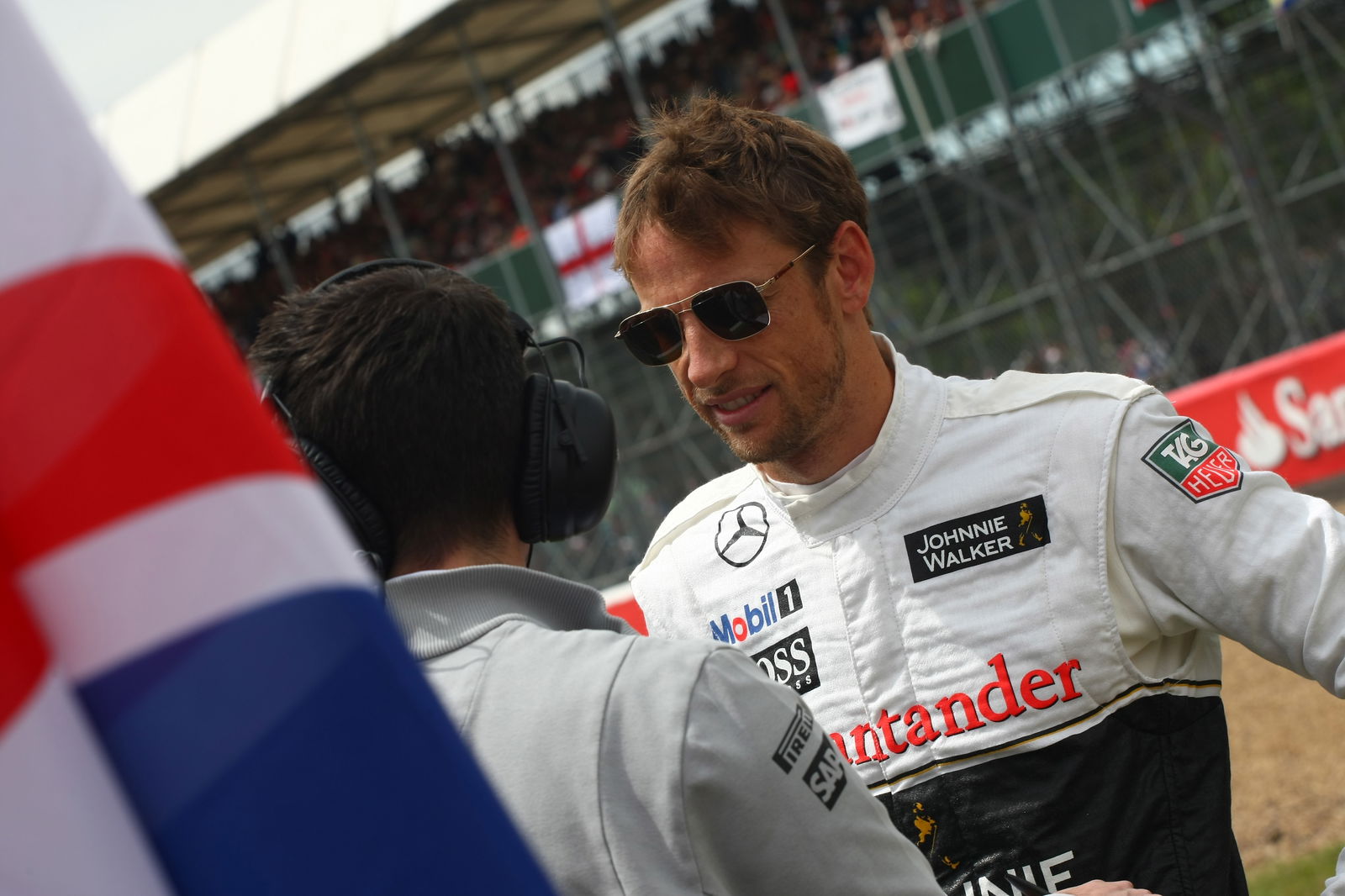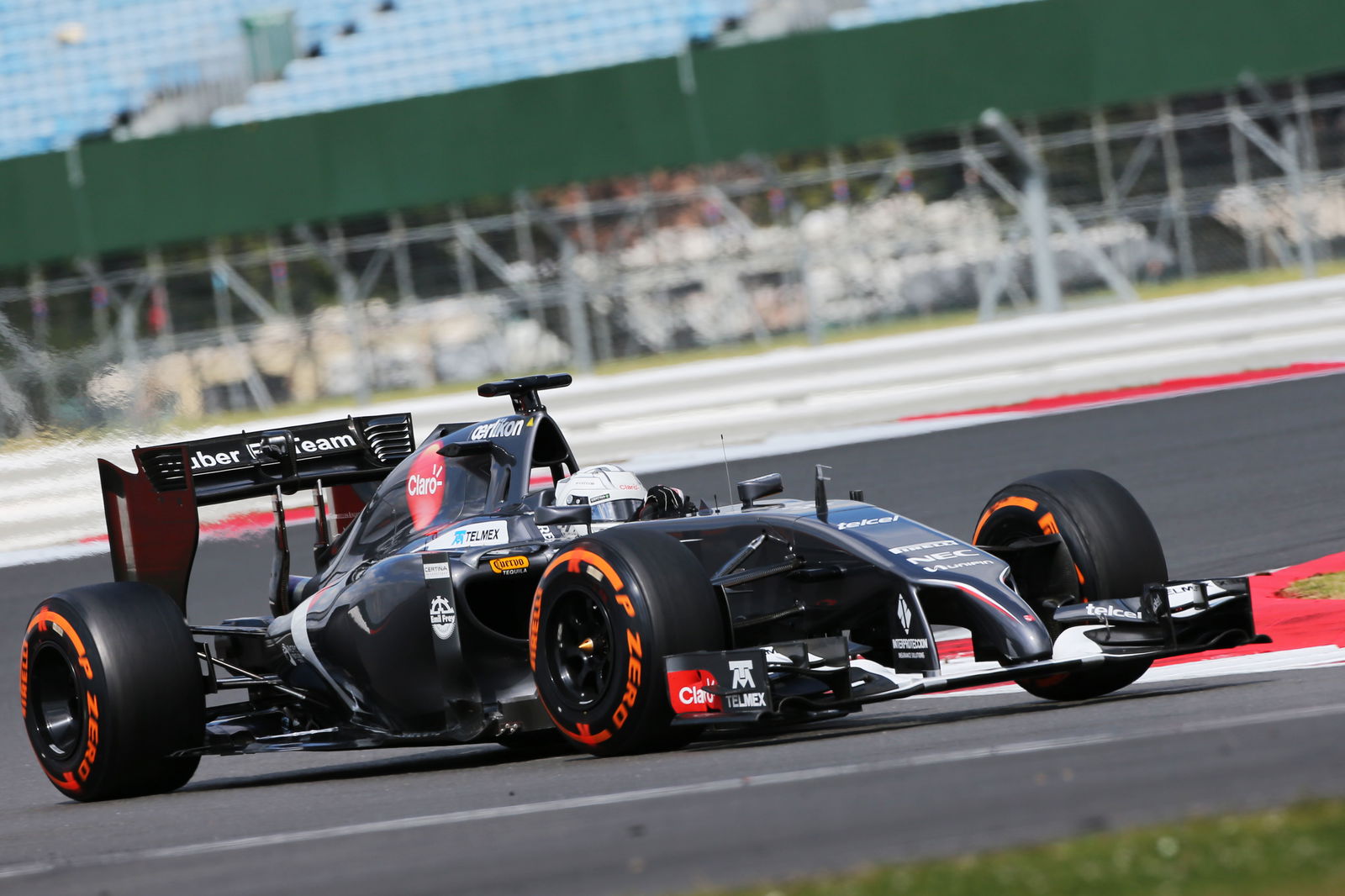In memory of ... Stefan Bellof

In rock music they call it 'The 27 Club'. Jimi Hendrix, Janis Joplin, Jim Morrison, Kurt Cobain and Amy Winehouse heading a list of those who saw their considerable talents extinguished too soon. Stefan Bellof may not be a name that resonates alongside those with whom he shares a tragically young death, but in some ways Bellof's story is sadder; a tale of potentially world-beating talent yet ultimately unfulfilled.
Despite Bellof's lamented loss and 'world champion in waiting' status, his Formula One record makes superficially uninspiring reading. Races: 22. Wins: 0. Podiums: 0. Pole Positions: 0. Fastest Laps: 0. Points: 4. A lot of zeroes, little evidence of a hero. As ever though, statistics tell only a fraction of the tale. With Bellof, the devil is not so much in the detail as in reading between the lines of a career defined by anecdotal evidence and pockmarked with flashes of genius.
As with many of cult heroes of racing, Bellof's style was spectacularly characterised by fearlessness and flair behind the wheel. He pushed boundaries that others dared not approach, and thus his driving style had a skittish electricity to it; a kinetic fury on the ragged edge of control somewhere between bravery and recklessness.
It was his fearless nature that first put Bellof on the international motorsport map in 1983. After a successful, yet laboured, junior career (Bellof was still racing karts at the age of 22), he announced himself with a lap record at the N?rburgring Nordschleife in qualifying for the German round of the World Sportscar Championship. Bellof's natural aggression, allied with the 620 bhp of his twin-turbo Porsche 956, saw him set a pole time of 6:11.13 around the 'Ring's 12.94 miles. It's a record that comfortably stands to this day, some 47 seconds faster than the fastest recorded F1 lap of the circuit, Niki Lauda's pole position at the 1975 German GP.
Having caught the attention of the racing world, Bellof's first taste of Formula One machinery came in a McLaren test at the end of the 1983 season. He was pitched alongside the top two drivers from British Formula Three, Martin Brundle and Ayrton Senna. All three would graduate to F1 for 1984, with Brundle partnering Bellof at Tyrrell.
Tyrrell were in terminal decline by the mid-1980s, competitively hampered by Ken Tyrrell's refusal to pay for turbo engines. Despite the lack of power, the 1984 season saw the nimble and reliable Tyrrell 012 score strong finishes. These included debut points in Brazil and a second place for Brundle in Detroit, and two points-scoring finishes for Bellof before his zenith; a career-defining drive to third in the 1984 Monaco Grand Prix.
Starting last in torrential conditions, Bellof made up seven places on the opening lap as he scythed through the field, the normally aspirated engine for once an advantage on the treacherously wet circuit. Bellof fought through the traffic to third, and was furiously catching Senna's Toleman, which itself was reeling in Prost's leading McLaren, when the clerk of the course, Jacky Ickx, stopped the race after 31 laps. Despite being the fastest man on the track when the race ended, Bellof was the odd-man out, forgotten in the post-race clamour to laud Senna as the coming man of F1.
Although Bellof would win the World Sportscar Championship in 1984, dovetailing endurance racing with his F1 commitments, the year was ultimately a sour one. Following the Dutch GP, the Tyrrell team were controversially excluded from the World Championship on a fuel injection technicality, banning their cars from completing the championship and striking all results from the record books. Fate's apparent disregard for Bellof was also evident when he lost a Brabham drive for the final race of the 1984 season to compatriot Manfred Winkelhock - because team principal Bernie Ecclestone couldn't reach Bellof by telephone.
During 1985, Tyrell finally phased in a new Renault turbo engine, but its introduction would come too late for Bellof to make any tangible impact. There were points finishes in the rain at Estoril and on the streets of Detroit in the Cosworth-engined car, but the Tyrrell remained uncompetitive against the turbos at most circuits. Bellof's last Grand Prix came at Zandvoort, where, in a fitting tribute to his all-action style, he managed to spin through three full rotations after hitting dropped oil - yet missed the barriers, put his foot down, and drove on.
It's also important to consider Bellof in the historical context of Formula One in Germany. With the Schumacher age having segued seemingly seamlessly into the Vettel era, it's easy to forget that there was a time when Teutonic dominance of Grand Prix racing was a mere pipe dream. Between Wolfgang von Trips' final win at the 1961 British GP and Michael Schumacher's maiden victory at Spa in '92, only Jochen Mass, in the 1975 Spanish GP, triumphed under the Bundesflagge. The early 1980s in particular were a nadir for a nation with a proud motorsport and auto-manufacturing heritage. Bellof was the great German hope to change that.
Tragically, that hope was snuffed out on September 1st 1985 in a sportscar race at Spa. Beginning a long stint on lap 78, Bellof's impetuousness led him to attempt a wild pass up the inside of, ironically, Jacky Ickx into Eau Rouge. Unlike Mark Webber's pass on Fernando Alonso in 2011, there wasn't room for two, and the cars touched. Bellof's Porsche 956 speared headfirst into the barriers, smashing through and hitting a secondary wall. In the impact the front of the car had concertinaed in on itself, and Bellof was killed, aged 27, by massive internal injuries sustained in the impact.
In an epitaph that epitomised the lingering regrets of Bellof's career, only in the weeks after his death did it emerge that he had agreed terms with Ferrari for 1986. Stardom at the sharp end beckoned, yet the stylistic heir to Gilles Villeneuve would never take up the scarlet mantle.
Neil Young's lyric, "it's better to burn out than fade away", became a mantra for justifying the 'live fast, die young' mentality of the 27 Club after Kurt Cobain infamously quoted it in his suicide note. However, in the case of Stefan Bellof, the line misses the point. Bellof's star was yet to shine in the spotlight, and his short career remains one of the great unanswerable 'what ifs' of F1.

